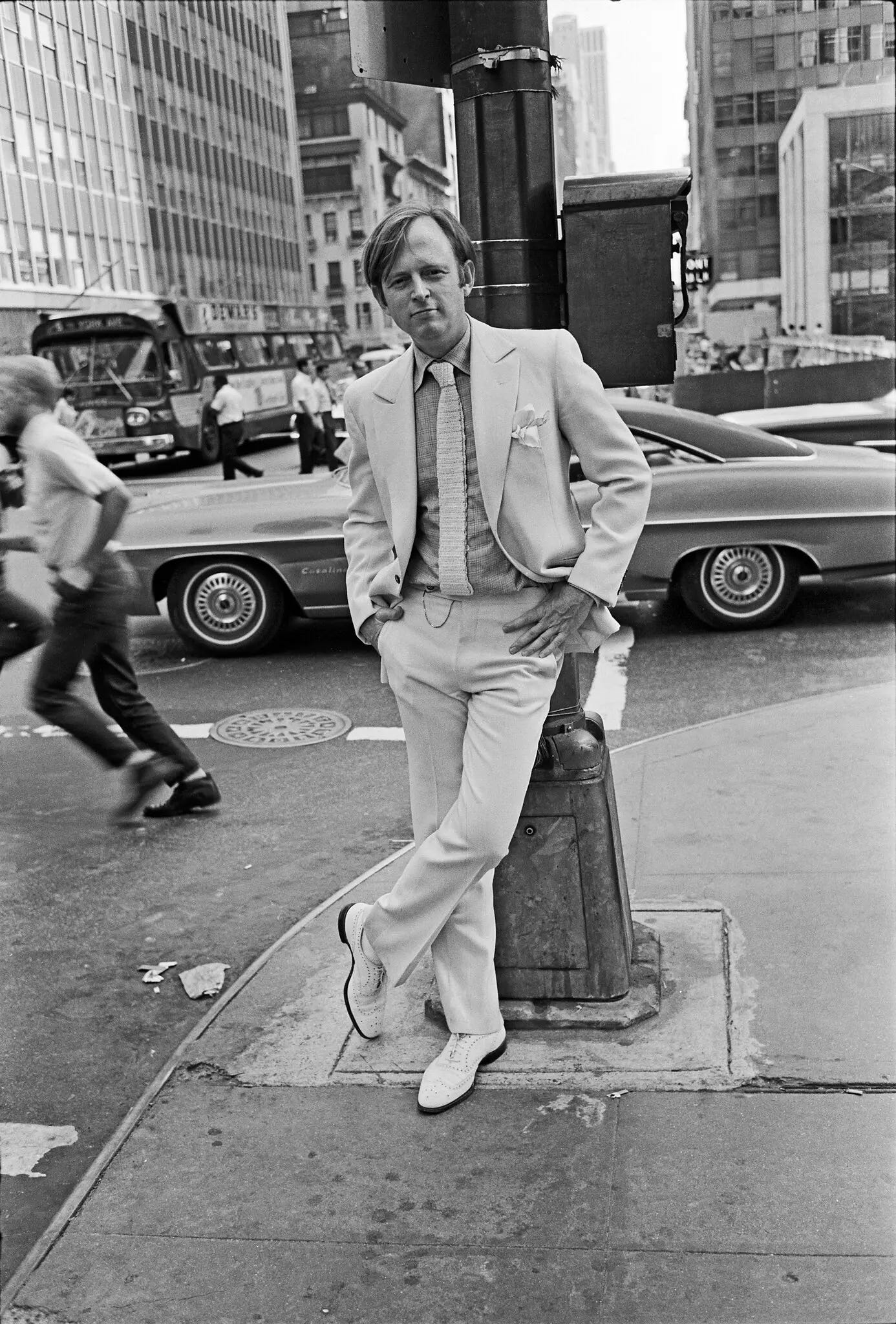Maybe there are only 20,000 readers of literary fiction…? by
Now, I know what you’re thinking, because I’ve already heard it from everyone who’s mad at me on TikTok. How can I cite this number that has no actual data to back it up! What about all the people who read classics! What about all the people who aren’t American! What about Sally Rooney! What about [that other book that sold a lot of copies]!
All I can offer in my defense is that I read that number (20,000) in a review in July and it stuck in my memory because it sounds true. It might not be accurate, and I would love to see real data on this, but I’ve worked in the publishing industry since 2008. I’ve sold six books. I know first-hand how hard it is to sell literary fiction—and by sell I mean both to a publisher and to readers.
10,000 of them probably live across the river from me in Brooklyn
Literary fiction is definitely a fetch that so-called “big important” media players still want to happen, but it just won’t
And is only 2% of fiction sales, according to Stein
If authors had streaming numbers like artists do on Spotify, it’d be sad
This is a niche of a niche
The only reason it seems larger than that number is because there’s lots of institutional support behind literary fiction, such as several 100 MFA programs across the country and creative writing undergrads who are trying to find their voice or something
Remember, writing a novel is one of the worst financial decisions you can make
Now that we know this is a topic no one cares about, let’s talk more about literary fiction…
Good piece about the author Tom Wolfe by David Brooks at the NY Times
As a young man, [Wolfe] came up from the South to graduate school at Yale and found that all those Northeastern preppies looked down on Southerners. He could have tried to conform to his new milieu, but he became even more his idiosyncratic Southern self. Then he came to New York, and there, too, he could have lost himself in all the glamour, in the if-you-can-make-it-here-you-can-make-it-anywhere ambition. He sipped from the cup of that ambition, but mostly he stationed himself where writers are supposed to station themselves, off to the side, observing, never quite belonging. It’s lonely there, but it allowed him a peek at what was emerging: The new coastal elites had made themselves insufferable to working-class Americans, and sooner or later there would be hell to pay.
Honestly, I’m not sure why they’re writing about Wolfe right now, he died several years ago, but I did try and watch the “Man in Full” Netflix series but didn’t care for it too much
I’m a bit nostalgic for Bonfire of the Vanities and I am Charlotte Simmons as I’m reading huge books like The Nix
A nice doorstop of a novel
I had lunch with my friend Daniel a few weeks ago in Hoboken and he bought a copy of Man in Full on a whim at the used bookstore, and I thought it was a curious choice for him, and then I talked about Tom Wolfe and he said it sounded like I knew a lot about him, but I don’t really feel like I do, and unfortunately compared to the average person, I do—count me as part of the 20,000
Han Kang won the Literary Nobel Prize, the first South Koren to do so
If you haven’t heard of this author before, that’s okay I haven’t either.
We’ll learn together
What good is the NY Times? by
Speaking of both the Nobel Prize and the NYTimes, I enjoyed this Oliver, talking about an article in the Times about the purpose of the Nobel Prize.
This is about a criticism about literary criticism
Here’s the meat of it:
The critic’s job to be knowledgeable, to understand how a work of art is, to be able to place it and compare it, to be able to say how it functions, to bring to light some of its qualities that readers (or watchers, or listeners) can find their way through the swell of production to the shore of pleasure. A critic turns opinion into knowledge (Johnson). They show us how a work of art is what it is (Sontag).
To answer that question, I’d say the reason to read books and then critiques of books and then critiques of critiques is entertainment
Those definitions of a critic are good and fine, but perhaps they are outdated and if modernity asks us to define our critics by the lists they create, then that’s what a critic is
The definition of a critic could shift, and has been underappreciated for ages anyway, a few people do care about criticism (probably less than 20,000) but more people seem to care about “reactions” over criticism, so yeah there’s a place for critics, please check your local university library, it’s just that the NYTimes may no longer be the place for that criticism
College kids don’t know how to read long books at The Atlantic
I started writing about this, and it was turning into something quite longer, so I’ll save it for later this week
Notes on reading/watching/listening
Oh man, I’m still in The Nix and I traveled this past weekend which you would think would mean I’d have more time to read, but I didn’t
I also checked out A Little Life from the library and The Bee Sting by Paul Murray, because I wanted more long books, but I heard A Little Life is the saddest book ever, but I think I’m ready, I think I’m ready
My wife and I watched the original Twister last night, which was oddly poetic since I was texting my sister about her safety during a hurricane and the roof was blown off my team’s baseball stadium
I did go to a music festival last weekend and I probably had the most fun singing along to this emo band
If you want to support me, you can:
I write (most) everything in Notion and I put together some templates you can use
Keep going.
-- Josh Spilker





